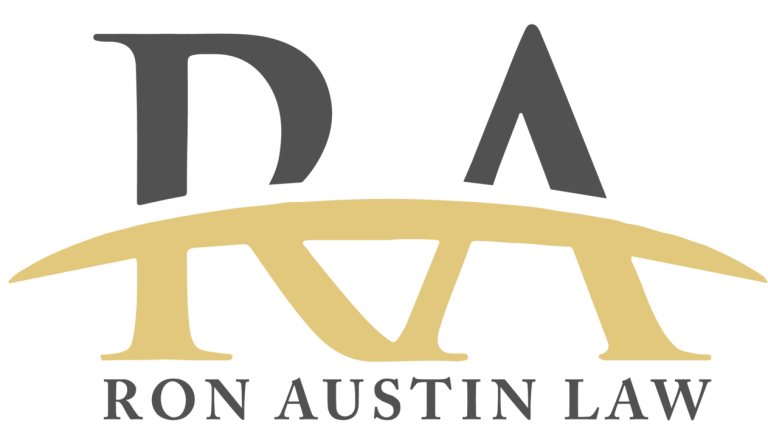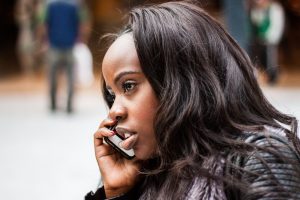Injured by battery explosion?
When we get a new smartphone or laptop, the last thing we are thinking about is the potential injury caused by an exploding battery. However, many people who have purchased electronics using lithium-ion batteries have faced that very reality.
Many of you may remember Samsung’s Galaxy Note 7 smartphones exploding due to lithium-ion battery defect but much of our technology today uses the batteries because they store energy more efficiently than the basic AA batteries and they lose their charge much slower.
Although there have been countless reports of lithium-ion battery explosions, the ever-evolving technological market and the movement towards renewables have made the lithium-ion battery a game changer in the global energy mix.
Lithium-ion batteries paved the way for mobile and smartphone innovations and will quite possibly be even more in demand since most electronic products like laptops, tablets, smartwatches, electronic cigarettes, and electric vehicles are using the popular battery.
How do they work?
 Lithium-ion batteries release stored energy through controlled chemical reactions. When you use the battery, the lithium moves from the cathode (contains positively charged ions) to the anode (contains negatively charged ions) — and when you charge the battery, the lithium moves back to the cathode, and the process is repeated. The separator between the anode and the cathode prevents the positively and negatively charged ions from touching because it can trigger fires and explosions.
Lithium-ion batteries release stored energy through controlled chemical reactions. When you use the battery, the lithium moves from the cathode (contains positively charged ions) to the anode (contains negatively charged ions) — and when you charge the battery, the lithium moves back to the cathode, and the process is repeated. The separator between the anode and the cathode prevents the positively and negatively charged ions from touching because it can trigger fires and explosions.
What causes lithium-ion batteries to explode?
One of the most common reasons the batteries can explode is because of problems when charging the device. The device’s software tells the device how much battery should be charged and how fast. If something is wrong with the device programming or the protocols are set incorrectly, the chemicals inside the battery can become destabilized and may lead to fire or explosions. Another cause can be overheating, poor manufacturing, or rough user treatment.
When lithium batteries explode, it is often due to manufacturing defects. In the Galaxy Note 7 explosions, manufacturing was seemingly the problem — the company stating at least 35 cases were combusted due to a rare manufacturing process error in which the anode and cathode touched.
What you should do according to Battery U:
If a Li-ion battery overheats, hisses, or bulges, immediately move the device away from flammable materials and place it on a non-combustible surface. If at all possible, remove the battery and put it outdoors to burn out. You may also put the device outside and keep it there for a least 6 hours.
A small Li-ion fire can be handled like any other combustible fire. For best results use a foam extinguisher, CO2, ABC dry chemical, powdered graphite, copper powder, or soda (sodium carbonate). Halon is also used as a fire suppressant.
FAA instructs flight attendants to use water or soda pop to extinguish a fire in the cabin. Water-based products are most readily available and are appropriate since Li-ion contains very little lithium metal that reacts with water. Water also cools the adjacent area and prevents the fire from spreading. Research laboratories and factories use water to extinguish small Li-ion fires.
A large Li-ion fire, such as an electronic vehicle, may need to burn out as water is ineffective. Water with copper material can be used, but this may not be available and is costly for fire halls. When encountering a fire with a lithium-metal battery, only use a Class D fire extinguisher. Lithium-metal contains lithium that reacts with water and makes the fire worse. Only use the Class D fire extinguisher on lithium fires.
CAUTION Do not use a Class D fire extinguisher to put out other types of fires; make certain regular extinguishers are also available. With all battery fires, allow ample ventilation while the battery burns itself out.
Injuries caused by lithium-ion battery explosions
Many electronic devices including smartphones and laptops are often in close proximity to a user’s face. Therefore, when there is an explosion or a fire occurs, there can be significant bodily injury or facial injury. Injuries caused by lithium-ion batteries have led to an increase in burn injuries — which can be can be extremely painful, may need complex medical procedures, and can also result in lasting pain and scarring.
Although many people have been able to escape serious injuries, some victims have reported the following:
- First, second, and third-degree burns,
- Broken or fractured bones,
- Missing or fractured teeth,
- Loss of limbs,
- Loss of body parts or use, and
- Death.
What you should do if you’ve been injured:
If you have been injured by a lithium-ion battery explosion or fire, you should:
- Seek medical attention immediately,
- Make an official report to the company and the U.S. Consumer Safety Commission,
- Take photos,
- Record the details (time of day, what you were doing before, witnesses, etc.),
- Don’t talk to an insurance adjuster or give a statement until consulting with an injury attorney,
- Call an experienced attorney.
The attorneys at Ron Austin Law have been representing personal injury victims for nearly 25 years. If you were hurt after a product exploded or caught fire, and you don’t know what to do, we can help. Product liability cases resulting in personal injuries can be complex and hiring an attorney to help you take care of the paperwork, aggressive insurance agents, and advise you can be helpful when trying to recover from an injury. If you would like to speak to an attorney regarding your personal injury, call 504-227-8100 or fill out the form below and an attorney will contact you promptly.

 1. CALL THE POLICE
1. CALL THE POLICE